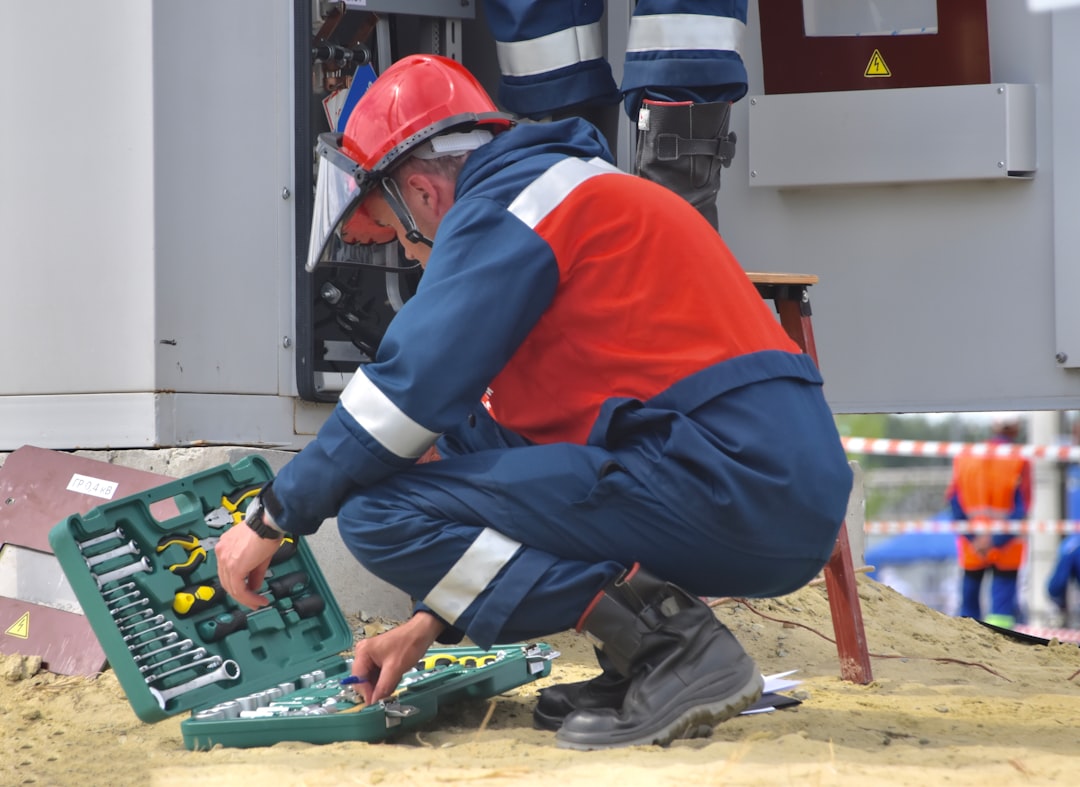The Importance of Regular Air Compressor Maintenance: Extending Lifespan and Ensuring Efficiency
Air compressors are workhorses in various industries, powering tools, machinery, and processes. Whether you have a small portable compressor or a large industrial one, proper maintenance is essential for maximizing its lifespan and ensuring reliable performance. Let’s explore why regular maintenance matters and how it benefits your equipment.
Why Proper Air Compressor Maintenance is Crucial
1. Reliability and Consistency: Regular maintenance keeps your air compressor running smoothly. It prevents unexpected breakdowns, reduces downtime, and ensures consistent performance. An efficiently operating compressor translates to increased productivity and fewer disruptions.
2. Cost Savings: Neglecting maintenance can lead to costly repairs or premature replacement. By investing in preventive care, you avoid major breakdowns and extend the life of your equipment. It’s a smart financial decision that pays off over time.

3. Energy Efficiency: A well-maintained compressor operates efficiently, consuming less energy. Clean filters, properly lubricated parts, and leak-free connections contribute to energy savings. Over the long term, this translates to reduced utility bills.
4 . Safety and Compliance: Regular inspections help identify potential safety hazards. Leaks, worn-out components, or faulty pressure relief valves can pose risks. Proper maintenance ensures a safer working environment and compliance with safety regulations.
Air Compressor Maintenance Checklist
Follow these essential steps to keep your air compressor in optimal condition:
1. Check Oil Levels: If your compressor uses oil, regularly inspect the oil level. Top it up if necessary and replace the oil as recommended by the manufacturer.
2. Inspect Belts and Pulleys: Check belts and pulleys for wear, cracks, or looseness. Tighten or replace them as needed to maintain smooth operation.
3. Detect Air Leaks: Listen for air leaks or use a soapy solution to check connections and seals. Repair or replace any leaks promptly to prevent efficiency loss.
4. Clean Air Filters: Regularly clean or replace the air intake filters. Clogged filters reduce airflow and strain the compressor.
5. Drain Condensate: Water vapor accumulates in air tanks over time. Regularly drain the condensate to prevent corrosion and maintain air quality.
6. Professional Inspections: Schedule professional inspections with a qualified technician. They can identify potential problems early and perform necessary adjustments or repairs.